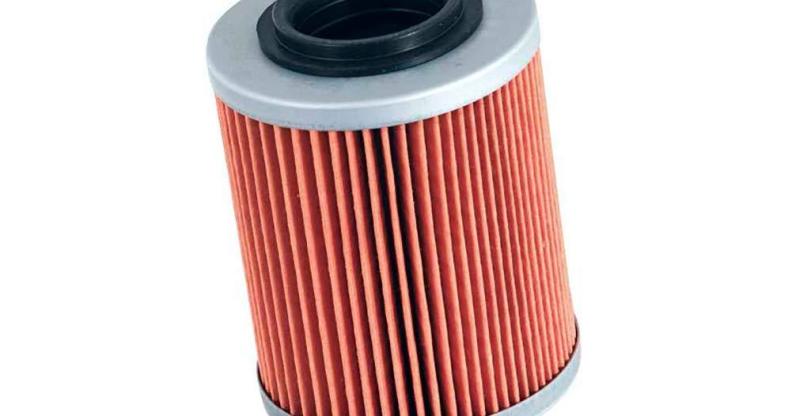7 fundamental tips for choosing the correct filter for your vehicle

https://www.amazon.co.uk/K-N-KN-153-Oil-Filter/dp/B000E2CVEM/ref=sr_1_12_sspa?keywords=Oil+Filter&qid=1562329402&s=gateway&sr=8-12-spons&psc=1
Clean oil is an element that every vehicle owner should strive for.
Dirt particles in the oil can cause irreparable damage to an engine. Even the tiniest particles like in the 10-20 micron range can be harmful.
A good oil filter will ensure that the engine oil stays clean for the intended period.
The wrong filter will increase the dirt concentration in the oil, meaning that a vehicle will need constant oil changes. Dirty oil results in slow operation and consequently, low combustion efficiency.
Your car will have low fuel economy, causing you to spend more to run it. Poor filtration also has a negative environmental impact due to high tailpipe emissions.
Picking an oil filter can be tedious given the numerous options on the market. Vehicle owners have so much to consider and here are a few of the basics.
1. Material
Synthetics, steel and paper (cellulose) are some of the materials that filter makers use. The material determines the filter capacity and efficiency.
Cellulose is the primary material in traditional filters. It doesn’t provide maximum protection because it has large pores that let some dirt particles through.
A blend of polyester, cellulose, glass and synthetics offers a more efficient filtration system.
The material will also dictate how long a filter can last between service intervals. Find out how specific filter materials hold up to extreme temperatures, vibration, repeated shock loading and alterations in motor chemistry.
2. Filter Pleats
The pleats in a filter determine the pore structure and flow. Always go for filters with high pleat density. Check the arrangement of the pleats. Opt for a tight and firm setup. Pleats should be well supported to prevent them from bunching due to too much pressure, which will interfere with oil flow.
3. Bypass Valves
Consider the valve seat of the filter. A bypass valve allows oil to flow through even when the filter is clogged. Hard seat valves can interfere with the performance of the component because they limit the bypass flow.
A soft seat valve is an excellent design.
4. Anti-drain Back Valve
When a vehicle is not in use, there is a risk of the oil draining out of the engine due to lack of pressure.
An anti-drain back valve is added into the filter to prevent this. With the valve, the car will retain some pressure, making it easier to use the vehicle again.
You also reduce the friction in the engine, which minimises wear. Not every filter comes with an anti-drain back valve, so be cautious during purchase.
5. Your Requirements
Oil filters are all about customisation. The needs of one driver might be completely different from the next one. The terrain you frequent, the car you drive and the way you drive are all factors that impact the suitability of an oil filter.
Some vehicle owners will find a regular oil filter to be adequate while others might require high-capture efficiency filtration systems. High-performance engines demand premium filters.
Vehicles such as luxury SUVs and sports cars require superior quality filters to meet the high-performance operation of their engines. If you live in extremely cold temperatures, your oil filters are bound to suffer fatigue stress due to constant cold starts.
High-capture efficiency filters are designed to put up with harsh conditions. Premium filters are necessary investments for high-performance drivers. Motorsports drivers, for example, need filters that guarantee reliability, power and endurance.
6. Capture Efficiency
The capture efficiency of an oil filter refers to the particle size retention.
How much dirt particles does the filter let remove in a single pass?
You want a filter with the highest capture-capacity, especially if it’s a high-performance engine.
7. Micron Rating
Micron rating is the ability of the filter to remove particles of a specific size.
An oil filter with a rating of 10 microns is designed to block particles that measure 10 microns or more. It means only particles less than 10 microns can pass through.
Therefore, pick a filter that caters to the smallest micron size possible.
Manufacturers have to stick to various standards when it comes to capture-capacity, and you should confirm this when selecting a filter.
The life of your car’s engine depends heavily on its ability to filter oil. It’s useless to change your oil when the filtration system is not reliable. Know what makes a good car oil filter and take the time to find the correct one for your vehicle.

